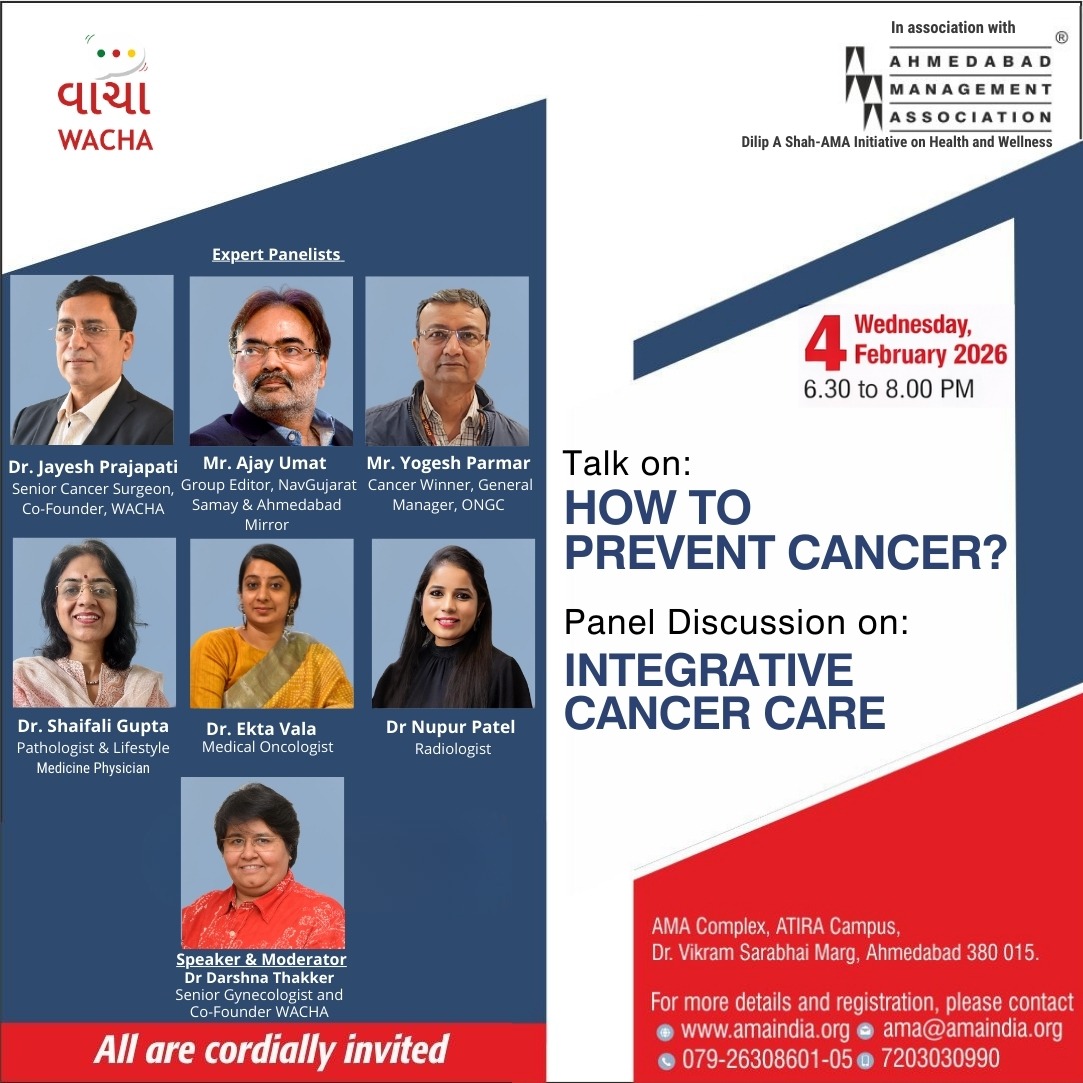Cervical Cancer
Cervical Cancer FQAS
HPV enters cells and causes them to change and grow abnormally. Usually, a woman’s immune system gets rid of the virus quickly, and the infection goes away by itself. But in a small number of women, HPV does not go away. The longer HPV is present and the older the woman, the greater the risk that the virus will damage cervical cells.
The easiest ways to prevent HPV are to use condoms, practise safe sex, and get regular Pap/HPV tests. To prevent health problems associated with HPV, be sure to get regular health checkups, screenings, and Pap smears.
Vaccination works best when it is done before a person is sexually active and exposed to HPV. But vaccination can still reduce the risk of getting HPV for people who have already been sexually active. The ideal age for HPV vaccination in girls and boys is 11 or 12, but it can be given starting at age 9 and through age 26.
Women who are not having sex or who think they're too old to have a child should still have regular cervical cancer screenings. Women who have had the HPV vaccine still need regular screening. The following screening recommendations are for women at average risk for cervical cancer.
- Women should start cervical cancer screening at 21 years of age.
- Women ages 21 to 29 years old should have a Pap test every three years.
- Women ages 30 to 65 years old should have an HPV test every 5 years or a Pap test every 3 years.
Invasive cancer of the cervix is treated with surgery, radiation therapy, and chemotherapy (the use of cancer-killing drugs). The type of treatment chosen depends on the cancer stage. You may receive more than one type of treatment.



Quick Connect For Cervical Cancer